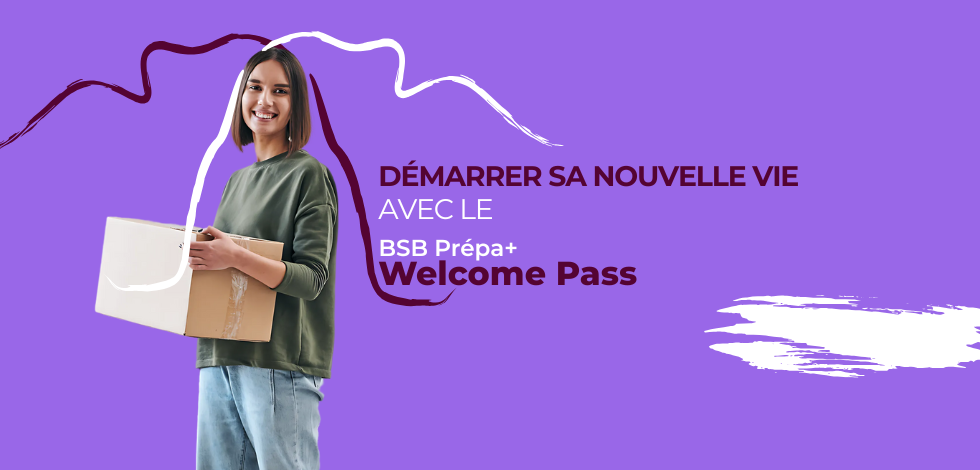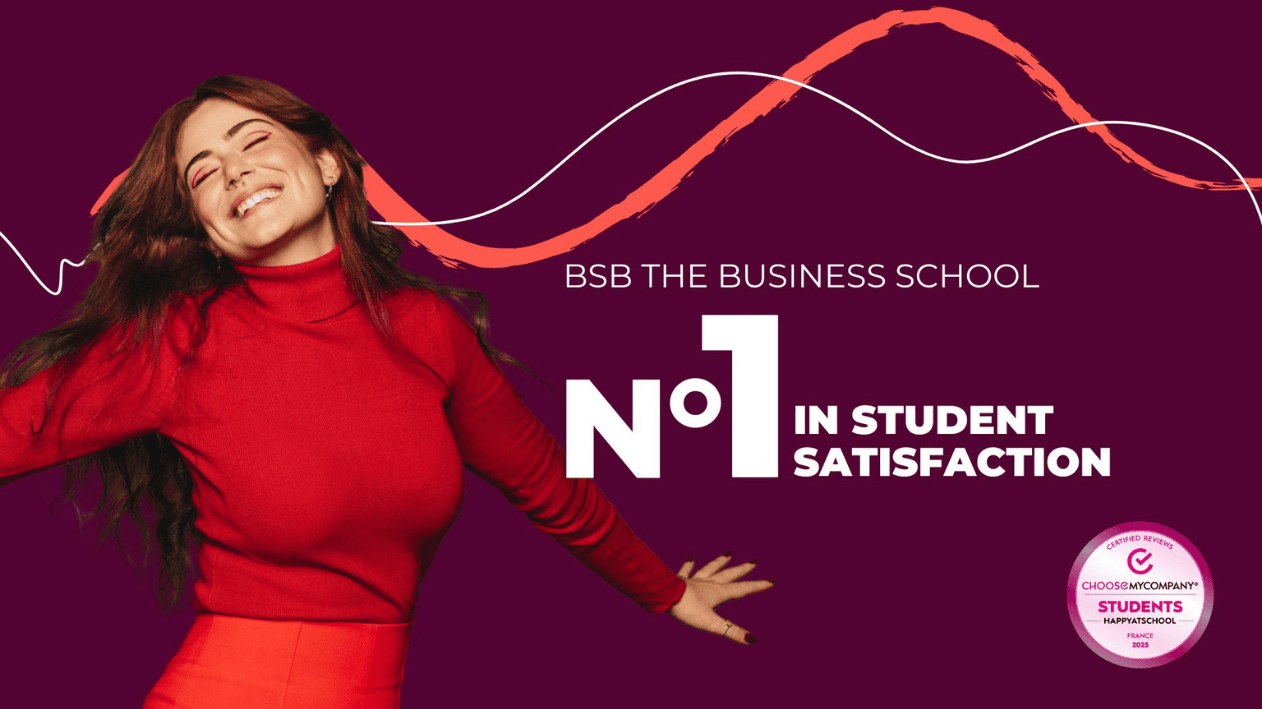Tomorrow... as seen by Céline Soulas

Professor of economics at BSB
Céline Soulas, a teacher-researcher in economics at BSB since 2004, wrote this fictional short story at the beginning of the lockdown linked to the Covid-19 episode. In a personal tone, she looks forward to March 2022, with reflections on the evolution of her profession and society, in particular concerning the impact that this very particular period will have had and the challenges it posed.
Life is beautiful(again)!
End of March. The garden took on its spring colors, the tulips blossomed among the daffodils and the fruit trees blossomed. The petals are already falling to the ground and covering it with white. My friends arrive at 19:00 for the traditional afterwork. They have shared my life for over 10 years, beyond the walls of our school. We were already very close before the lockdown in 2020, and the long weeks spent seeing each other through screens did not destroy our friendship, quite the opposite.
Outside, it is mild but still not enough to spend the evening there. A few years ago we would have installed a radiator to heat the terrace, but this idea is from another time. Moreover, even the terraces of cafes and wine bars have abandoned this superfluous investment, preferring plaids for the very few customers who are still impatient. However, I remember the debates that raged in 2019 when the city of Rennes decided to ban outdoor heating. Incredible how everything has changed in a few months. In fact, some divisive issues have completely disappeared.
We are teachers, and we all felt that the tide was changing in the schools, but it was still blowing too timidly. We were mostly observers of it, and we often asked how to be more actors in it. The Manifesto for an Ecological and Citizen Awakening had collected tens of thousands of signatures, but not enough to revolutionize our lives or those of the young people we formed. Most large companies displayed their CSR commitments in the same way as presenting a deposit when renting an apartment: the deposit was not always reliable and consumers behaved like an agency that was too careless. We all knew that at the first financial difficulty, companies would relegate their social responsibility to the background, it would be the first service to skip.
Greta Thunberg and her beliefs were mocked, and in a largely globalized economic system, an agreement by all for the environment and society was a sweet fantasy that no political figure, regardless of side, could make really real. After all, maybe that was the essence of a fantasy: to stay in the order of the imaginary dream. In the meantime, some local measures were taking place without becoming the norm and we were satisfied with this lack of social progress. All too often, our courses remained rooted in a world where some foundations were about to disappear, but we did not yet know it.
Answers in books and others to invent
When we left school on March 13, 2020, completely dazed, we had not fully understood the situation. We are stunned and the many Skyp'aperos that we will have during the weeks of lockdown will alternate between anxiety about the present and the future, humor and passionate debates about the economic world and society of the 21st century. Educational continuity is implemented for our students, and everyone takes stock of the challenge of digital technology in order to survive in the event of a sudden break.
But what everyone feels is that learning involves human relationships and it is not tomorrow that our school will be limited to a computer screen. The purpose of the walls is still, and for a long time, to welcome colleagues, students, and projects. Also, when President Macron announces the end of lockdown and the eradication of the virus, the return is joyful but the work is immense: the world has obviously woken up to be more ecological and citizen. What are we going to teach in our management schools and universities from now on?
Some of the answers were already in the books. Henceforth, corporate governance will be essentially participatory and social democracy will experience a historic turning point. Short circuits will take on an unprecedented scale, and value and production chains will gradually be de-globalized when a local solution is possible. Reasonable and rational consumption will be more qualitative and local. Economic growth indicators will finally have given way to the Human Development Index and Corporate Social Responsibility will have become a legal obligation beyond the timid laws known so far.
Collaborative commons will have dethroned private property where it created inequalities. The G20 will have revised the free trade agreements, in particular by proclaiming food sovereignty for all countries. Public services will have regained their reputation, financed by taxes that will no longer be the subject of fiscal competition between countries. The all-out liberalization of markets will have lost its value, if at all it really was so excessive.
And then some of the answers are still not in the books. They remain to be invented and written. At the end of March 2022, I am welcoming my teacher friends at the garden gate. Life is (re) beautiful, there is a lot to do and that scares us as much as it motivates us. My lawyer friend alerts us to the challenges of a law that must evolve to reflect new forms of coordination in economic life. She smiles while insisting on perspectives in contract law in particular, some of whose principles are completely revised to stick to the famous collaborative commons.
“Our students are not done with law, unfortunately for them!” she said humorously. As for our chief financial expert, he talks to us with exhilaration about new financial analysis tools that he is working on with his team of researchers. The scientific community is working hard in all disciplines and the work is huge. The students who now make up our classes will be managers of a different kind.
The alarm goes off, Day 28 of lockdown. Back to reality. My remote work appointment is at 9 am. My phone already shows 16 messages between Whatsapp, Messenger, Teams and my emails. The children will start their lessons on their own. I turn on Skype for breakfast by video with my brother and sister who are in quarantine with their small family. I tell them about my dream. They laugh and tell me “what a utopian you are anyway!” However, I want to believe it. So, challenge taken up? Are we trying an otherworldly adventure?



_EN.png)
